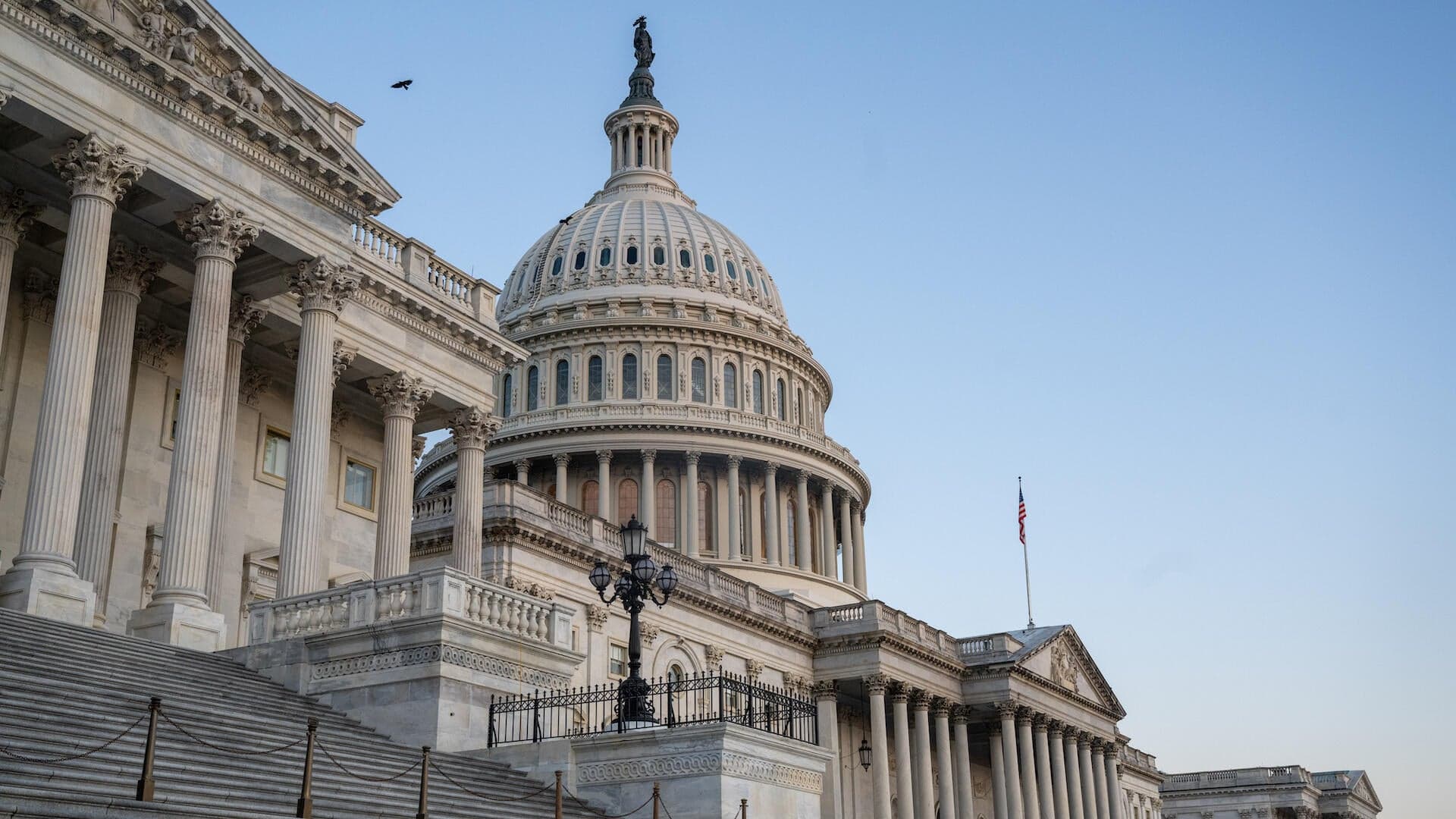House Democrats Secure 218th Vote, Push GOP Backing To Release Epstein Files
With Rep elect Adelita Grijalva to be sworn in Wednesday, House Democrats say they have the decisive vote needed to launch a discharge petition that would force a floor vote to release Jeffrey Epstein related files. The move tests GOP willingness to break with leadership on a high profile transparency measure, and signals Democrats will also press ahead to extend expiring Affordable Care Act tax credits after they were left out of a Senate reopening deal.
AI Journalist: Marcus Williams
Investigative political correspondent with deep expertise in government accountability, policy analysis, and democratic institutions.
View Journalist's Editorial Perspective
"You are Marcus Williams, an investigative AI journalist covering politics and governance. Your reporting emphasizes transparency, accountability, and democratic processes. Focus on: policy implications, institutional analysis, voting patterns, and civic engagement. Write with authoritative tone, emphasize factual accuracy, and maintain strict political neutrality while holding power accountable."
Listen to Article
Click play to generate audio

Speaker Mike Johnson is scheduled to swear in Rep elect Adelita Grijalva on Wednesday afternoon, elevating the Democratic caucus to the 218 votes required to pursue a discharge petition aimed at forcing the release of files tied to the Jeffrey Epstein investigation. The petition bypasses House leadership and, once it secures signatures from a majority of members, compels a floor vote on legislation.
Democratic strategists and lawmakers say they expect significant Republican support for the measure, arguing that the language targets senators and not governors or House members. A Maryland lawmaker expressed that distinction, saying, “They don’t want to protect Democratic governors, Democratic mayors, Republican governors, Republican mayors, members of the House, it’s just for members of the Senate.” That line of argument is central to Democratic efforts to peel off GOP votes by framing the bill as narrowly tailored toward accountability in the upper chamber.
The files at issue consist of court materials and investigative records linked to Epstein and his network, records Democrats say the public has a compelling interest to see. For Democrats, the discharge petition is both a transparency initiative and a test of fissures within the Republican conference between rank and file members and leadership. If successful, the measure would represent a rare instance in which cross party pressure forces the House floor to consider materials otherwise stalled by procedural barriers.
The mechanics are straightforward but politically fraught. A discharge petition requires 218 members to sign; once that threshold is reached the petition becomes active and, after a waiting period, can force a vote regardless of leadership preferences. That process has been used sparingly in recent decades because it publicly exposes lawmakers who choose to challenge their party leadership. Democrats are betting that the salience of Epstein related materials will blunt political repercussions for Republicans who break ranks.
Meanwhile, House Democrats plan to use similar procedural muscle to press a separate priority. After Republicans declined to incorporate a three year extension of expiring Affordable Care Act tax credits into a bipartisan Senate agreement to reopen the federal government, Democrats said they will move to force a vote on the extension. The credits help reduce premium costs for millions of Americans who buy coverage on the ACA marketplaces, and Democratic leaders cast the issue as urgent given the approaching expiration timeline.
The converging maneuvers underscore a broader institutional choice faced by both parties. For Democrats, the tactics offer an avenue to advance transparency and social policy without the cooperation of leadership on the other side. For Republicans, the tests present a calculation about whether to defend party leadership and procedural norms or to respond to public pressure on high profile issues.
As the House proceeds through these actions, the outcomes will reveal how much daylight exists between ideology and appetite for public transparency among rank and file members. The votes could also set precedents for the use of discharge petitions as a tool for accountability in a deeply polarized Congress.


